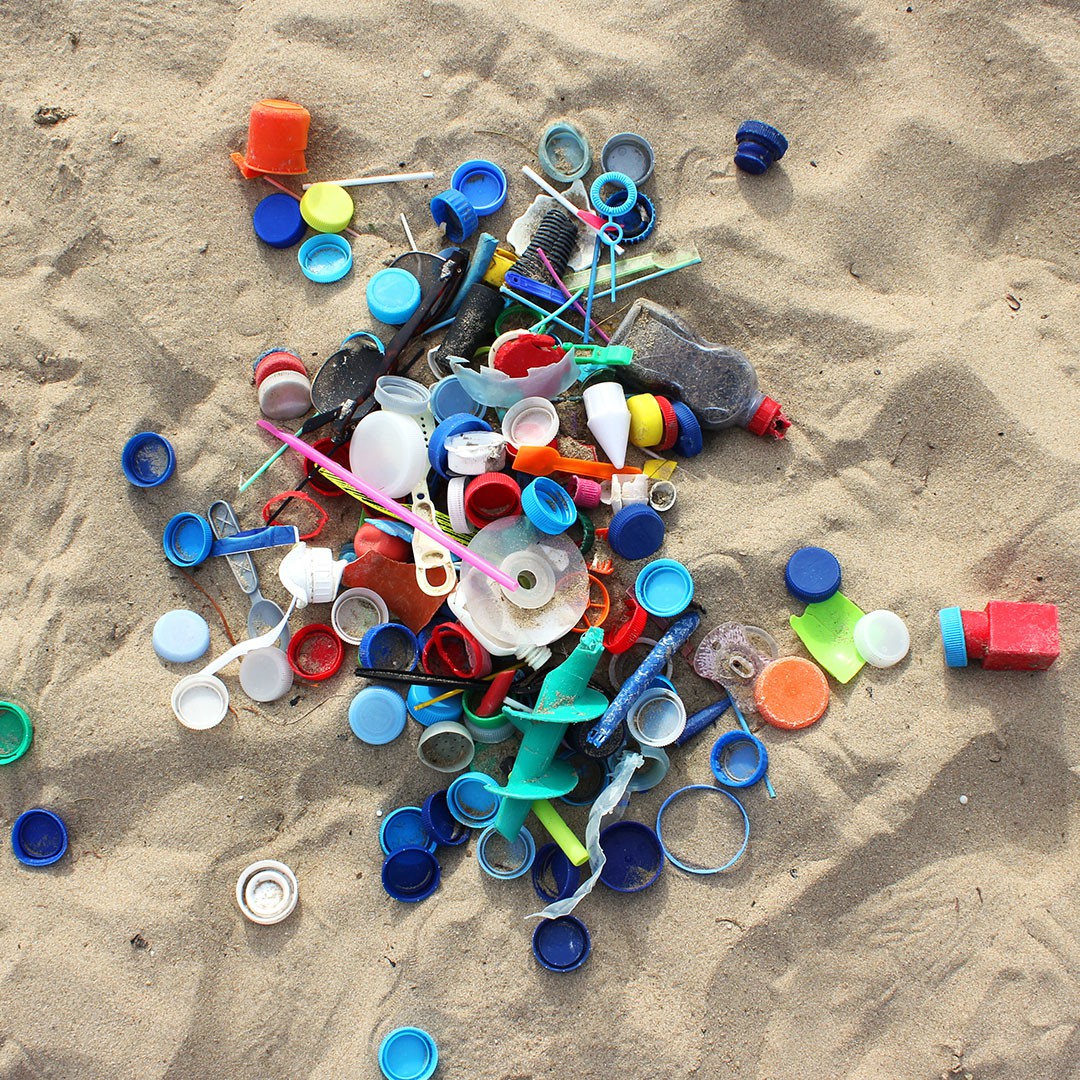
01.29.20
Reducing Plastic Pollution May Be on California's Ballot this November
By Surfrider FoundationThe opportunity for the State of California to move nearer to the goal of Zero Waste may be before California voters on the November 2020 ballot. In December of last year, a ballot initiative to curb plastic pollution was filed with the California Attorney General’s office to start the process to collect signatures to qualify as a ballot measure.
If approved by voters, the California Recycling and Plastic Pollution Reduction Act of 2020 would accomplish two significant objectives. First, it would give CalRecycle, the state’s department for overseeing waste handling and recycling programs, authority to require producers of single-use plastic packaging and foodware to take several steps to minimize plastic pollution. These steps include ensuring these producers transition to reusable, refillable, recyclable, or compostable packaging and foodware by 2030; placing requirements on producers to source single-use plastic packaging and single-use plastic foodware sold in or into California to the maximum extent possible, and by no less than twenty-five percent (25%) by 2030; requiring producers to use recycled content and renewable materials in the production of single-use plastic packaging and single-use plastic foodware; establishing mechanisms for consumer access to recycling, including take-back programs; establishing and enforcing labeling standards to support proper sorting of discarded items; and to ban the use of polystyrene food containers by food vendors.
Secondly, the Act would establish a Plastic Pollution Reduction Fee on producers of all single-use plastic packaging and single-use plastic foodware of no more than $0.01 per item. This would be assessed by CalRecycle on the producers and dependent upon the recyclability or composability of each item. The revenues from this fee would be deposited into the California Plastic Pollution Reduction Fund, to serve a number of purposes. This includes funding for local governments, including for the purposes of “protecting groundwater and local clean drinking water supplies from the impacts of plastic pollution” and “to prevent and clean up the impacts of litter and marine plastic pollution on communities and the natural environment;” to support “statewide reduction, recycling, and composting efforts and create a supply of recycled materials to support manufacturing of products made from recycled materials;” and funding for the “Natural Resources Agency for grants to state and local public agencies to mitigate the impacts of plastic pollution, and to protect and restore wildlife and the environment including coastal and ocean ecosystems, streams, rivers, and beaches.”
The need for action on plastic pollution is clear. The proposed Act articulates a number of ways plastic pollution affects oceans and other waterways. Nearly 9 million tons of plastic enter the ocean each year globally, with that number expected to double by 2025. Given most plastics are made of chemicals derived from fossil fuels, litter of plastics constitutes a form of oil pollution spilling into oceans. Plastic particles are increasingly found in streams, rivers, and coastal ecosystem, degrading habitat conditions. Particles have also been found in drinking water, bottled water, table salt, and fish and shellfish from local California fish markets.
Surfrider Foundation endorses the California Recycling and Plastic Pollution Reduction Act of 2020. The Act would complement previously endorsed single-use plastic reduction legislation, including the California Circular Economy and Pollution Reduction Act (SB-54 and AB-1080). The initiative is currently at the signature collection stage and must collect 960,000 signatures by April 21, 2020 to qualify for the ballot. Stay tuned for further updates on the status of this initiative and opportunities to help its progress.